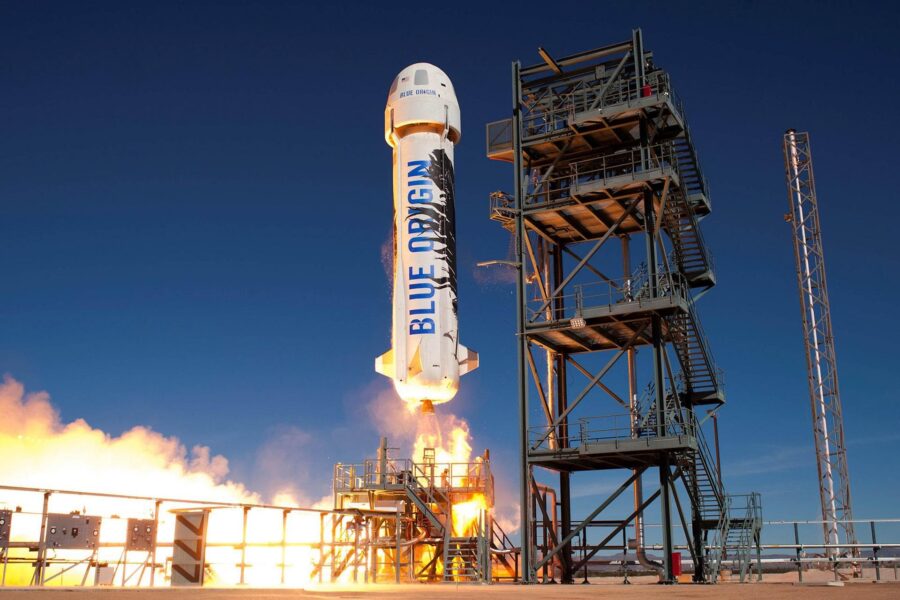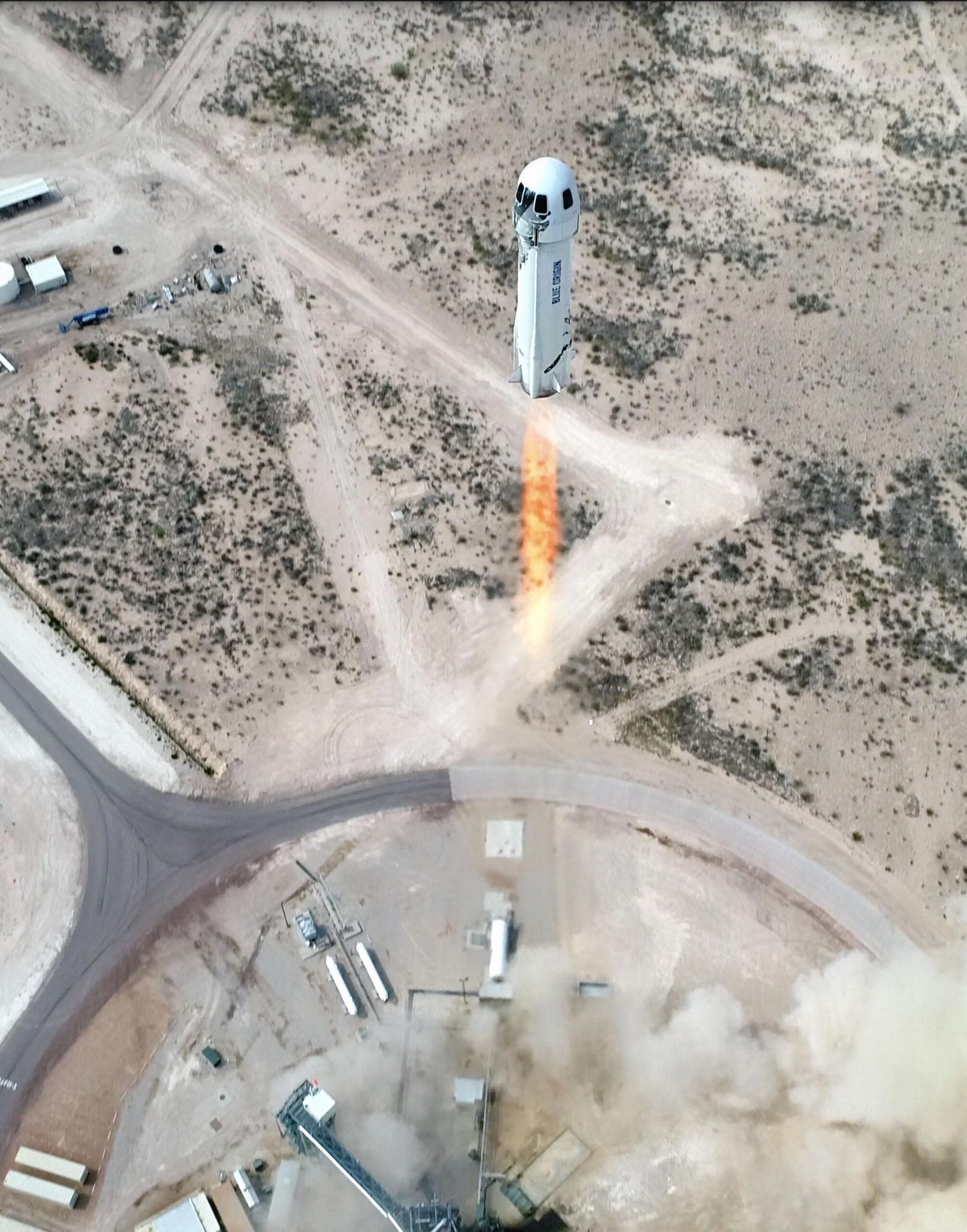Jeff Bezos’ Blue Origin space tourism company is aiming to expand its business outside the United States, the Financial Times (FT) reported. Blue Origin was created by Amazon founder Bezos in 2000. After years of testing its New Shepard suborbital rocket, the company began using it in 2021 to send paid passengers on trips to the edge of space.

But the company’s ambitions go far beyond sending wealthy space tourists on a 10-minute fun walk from the launch pad in Texas. Bob Smith, CEO of Blue Origin, said that the company was now looking for new partnerships in Europe and other countries as part of efforts to expand its rocket and engine manufacturing business to compete with companies such as Elon Musk’s SpaceX. According to Smith, the company also wants to create a new launch complex outside the United States, although the search for a location is still at an early stage.
Among other activities indicating the company’s intentions to expand its space business, the company recently signed a USD 3.4 billion agreement with NASA to build a lunar lander for the Artemis space agency program. The company is also developing a new, more powerful rocket called New Glenn, which will be used to launch Amazon’s Internet satellites into orbit as part of a project similar to SpaceX’s Starlink service. New Glenn is expected to make its first test flight next year.

Bezos’ company also plans to build a private space station that will replace the International Space Station when it is decommissioned in 2031.
Blue Origin is also coping with recent setbacks after its New Shepard rocket crashed during launch in September 2022. The capsule was empty, although it ejected from the rocket, as expected, and landed gently on the Earth.
The company’s engineers are investigating the cause and hope to launch an unmanned test flight in the coming weeks. If it passes without problems, New Shepard may start transporting tourists again in a month or two, Smith confirms.
Earlier, we reported on how Blue Origin would send two ESCAPADE mission spacecraft to Mars.
Follow us on Twitter to get the most interesting space news in time
https://twitter.com/ust_magazine

